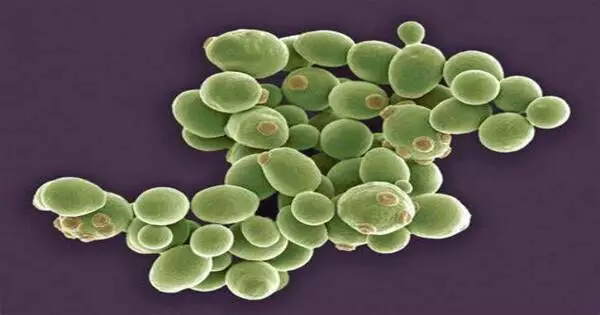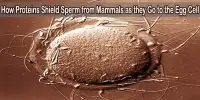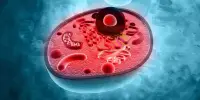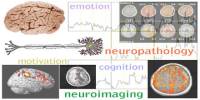Microbial proteins or single-cell proteins (SCP) are edible unicellular bacteria. This is a sort of microbial biomass that can be used as a source of protein for humans and animals. The biomass or protein extract from pure or mixed cultures of algae, yeasts, fungi, or bacteria can be used as an ingredient or alternative for protein-rich meals, and it is safe for human consumption or animal feed. They are named “single-cell” because they are often created by cultivating and harvesting certain microorganisms that consist of a single cell, such as bacteria, yeasts, or algae.
Industrial agriculture has a large water footprint, high land use, biodiversity destruction, general environmental deterioration, and contributes to climate change by emitting one-third of all greenhouse emissions; however, SCP production does not necessarily have any of these significant problems. As of now, SCP is often grown on agricultural waste products, and hence inherits industrial agriculture’s ecological burden and water footprint. SCP, on the other hand, may be created fully independently of agricultural waste items by autotrophic growth.
Here are some key points about single-cell proteins:
- Microbial Sources: Single-cell proteins are widely produced by microorganisms such as bacteria (e.g., Escherichia coli), yeasts (e.g., Saccharomyces cerevisiae), and algae (e.g., Chlorella). These bacteria were chosen for their high protein content and quick development.
- Nutritional Value: Single-cell proteins are high in protein and can be used to supplement necessary amino acids. They can be an important dietary supplement, especially in areas where protein is scarce.
- Production Process: The cultivation of selected microorganisms on a substrate that can be a wide range of organic materials, such as agricultural waste, sewage, or methane, is required for the creation of single-cell proteins. The microbes proliferate quickly, devouring the substrate and accumulating protein. After that, the biomass is gathered, processed, and dried to produce a protein-rich product.
- Sustainability: SCP manufacturing is sometimes seen as environmentally friendly because it can make use of waste materials, reduces the need for traditional protein sources (such as cattle farming), and has a less ecological imprint. It has the potential to be an efficient method of converting organic waste into useful protein.
Applications
Single-cell proteins have a wide range of applications in food and feed. They can be added to animal feeds to increase protein content, and they can also be used to make human foods such as protein-rich supplements, meat analogs, and other processed foods.
Challenges
While single-cell proteins have numerous advantages, their acceptance and manufacture are fraught with difficulties. Concerns include the flavor, texture, and public impression of eating proteins generated from microorganisms. Furthermore, improving the manufacturing process while maintaining safety and quality standards might be difficult.
Single-cell proteins have been studied and used for several decades, and their potential as a sustainable protein supply remains of interest, particularly as the global population expands and traditional protein sources such as cattle face greater pressure. Biotechnology and fermentation process advancements have the potential to make SCP production more efficient and cost-effective in the future.
















